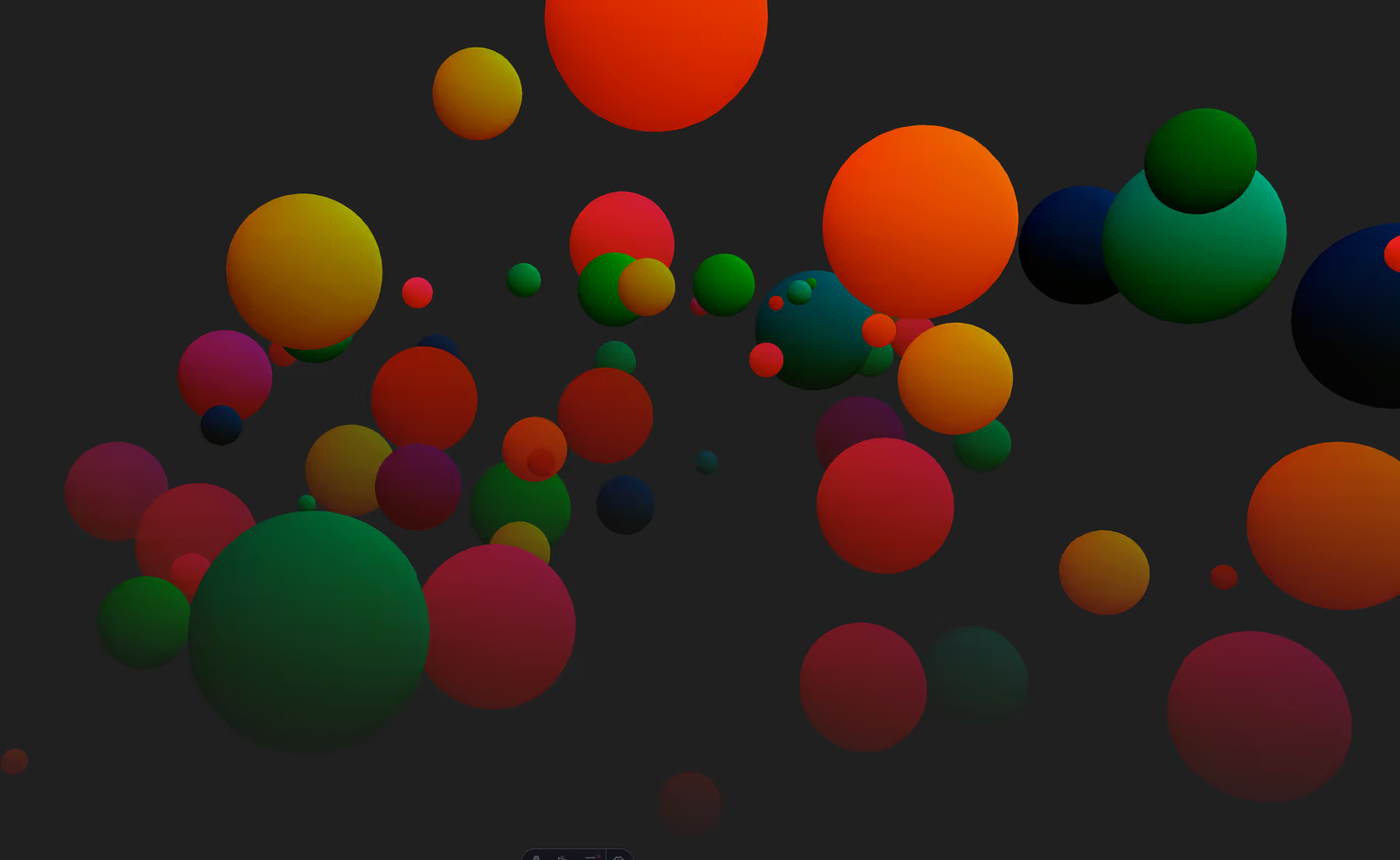AI: From Niches to Systems
Over the last two centuries, society and business dynamics have fragmented knowledge into hyper-specialized niches. That model is ending because AI is not a role-based skill; it’s a generalist capability with the potential to transform how we solve complete problems.
Specialization in technical competencies has shaped large corporations and bureaucracies. Paradoxically, professionals in those structures will feel the hardest hit. The hyper-specialization that gave them security becomes vulnerability.
A Training Problem
Most people learn AI poorly. They rewrite emails, generate summaries, and stagnate because they never developed a mental model of how automation works, or of the real possibilities of this technology.
We don’t even have common language to evaluate these concepts. Companies segment AI learning by roles when mastering AI is a fundamental cross-cutting skill, not another vertical specialization.
AI Requires Systems Thinking
AI is not just another specialist’s tool. It’s the glue that will integrate complete processes that previously required multiple more or less coordinated experts. To leverage AI, you need to understand systems, not silos.
Mental models matter and the ability to think in systems will be critical. Without deep understanding and the capacity to relate concepts and processes, even advanced users remain anchored in the idea of doing what they did before but faster.
The Impact on Business
Hyper-specialization in areas and sub-roles (marketing, data, product, design, sales…) worked when information was scarce and human coordination was the only way to connect areas.
Value is no longer in executing micro-tasks to obtain marginal improvements. Now it will be necessary to understand the whole: knowing how to connect disciplines, translate needs between areas, and combine intelligent tools to create integrated results.
The Return of the Generalists
AI returns prominence to cross-cutting thinking. It’s the comeback of the professional who understands complete systems.
Being a generalist is no longer “knowing a little about everything,” but knowing how to connect what AI executes. In this new era, the specialist trains models, but the generalist combines them to create value systems.
These new generalists have decisive advantages. They see opportunities that specialists in silos never detect, design solutions that integrate multiple areas, and iterate faster because they control the complete system.

